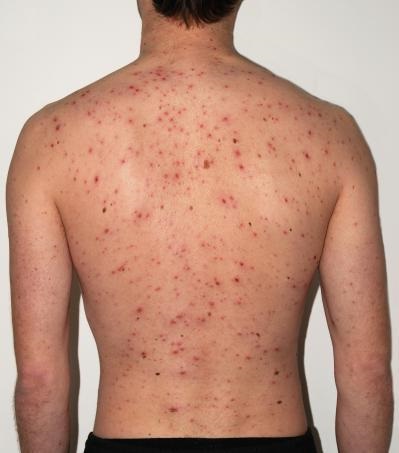
Many melanoma patients progressed to an advanced stage within the COVID-19 peak period, a study published in the Journal of the American Academy of Dermatology today (May 17, 2022).
Science Nigeria reports that melanoma, also redundantly known as malignant melanoma, is a type of skin cancer that develops from the pigment-producing cells known as melanocytes.
Melanomas typically occur in the skin, but may rarely occur in the mouth, intestines or eyes (uveal melanoma).
According to dermatologists, warning signs of melanoma may include pigment, redness or swelling those spreads outside the border of a spot to the surrounding skin, itchiness, tenderness or pain, changes in texture or scales, oozing or bleeding from an existing mole, blurry vision or partial loss of sight or dark spots in the iris.
The researchers conducted a retrospective analysis on melanoma staging in 246 patients evaluated at one care centre between the start of the COVID-19 pandemic on March 11, 2020, and January 12, 2021. These patients were compared with 246 patients evaluated between March 1, 2019 and March 10, 2020.
Many melanoma patients showed up with more advanced diseases during the COVID-19 pandemic. Of those in the pre-pandemic group, 209 (85 per cent) presented with early-stage disease, while 37 (15 per cent) presented with metastatic disease. In the post-pandemic group, 200 (81.3 per cent) had the early-stage disease at presentation, while 46 (18.7 per cent) had metastatic disease.
A significant decrease in stage 1 disease presentation occurred during the post-pandemic group (28.5 per cent vs 40.7 per cent; P = .006), while a significant increase in stage III presentation occurred (30.5 per cent vs 21.1 per cent; P = .023).
Metastatic recurrence was also significantly increased in the post-pandemic group compared with the pre-pandemic group (7.7 per cent vs 3.3 per cent; P = .046) and the median time to recurrence was 60 months compared with 25.5 months.
Targeted therapy was more likely in patients in the post-COVID group, while immunotherapy was more likely in the pre-group.
The managing director of the University of Pittsburgh Medical Centre, Hillman Cancer Center, Dr. Saba Shaikh, said that these findings suggest that patients delayed coming for medical attention, likely resulting in more advanced diseases.
Shaikh said that these data underscored the importance of early detection and oncology referral for patients with melanoma, even during the pandemic.

